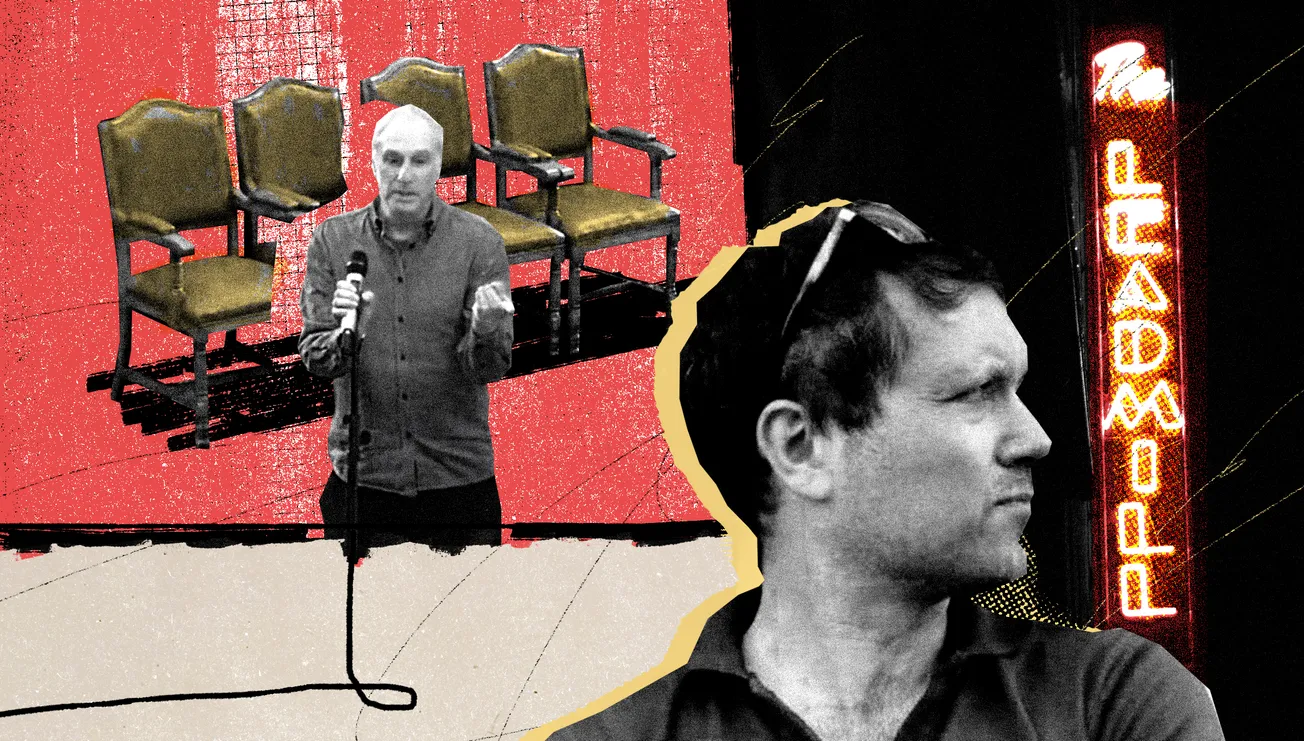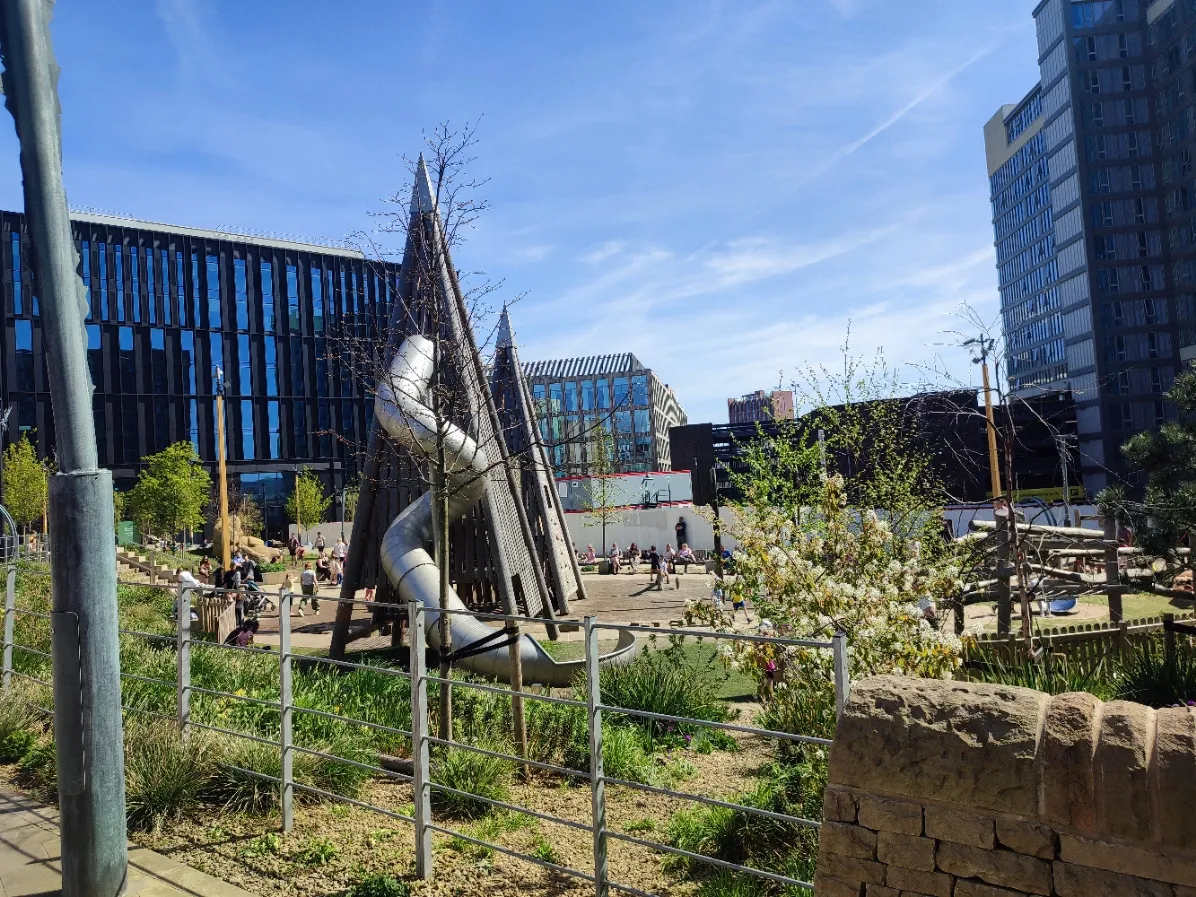It’s been more than two years, closer to three, since the Leadmill music venue received an eviction notice from its landlord and began what it described as a battle for “the very soul and character of our great city”. Immediately, the people of Sheffield and the wider music industry leapt to its defence. MP Louise Haigh described the possibility of the venue shutting down as “absolutely devastating news,” vowing to “fight all the way to save this historic Sheffield landmark”. The Kaiser Chiefs, who played a gig there in the band’s infancy, said its closure would be a blow “not just for Sheffield and Yorkshire, but the whole UK music scene”.
These days, the crowd backing the Leadmill seems to have thinned. In March 2022, its first post about the eviction on X (formerly Twitter) was shared more than 11,000 times, while the recent update that its decisive court battle against its landlord was taking place this week was shared by less than 200 accounts. Last September, a crowd of supporters gathered outside Sheffield town hall, imploring the council (unsuccessfully) to deny the Leadmill’s landlord the licence it would need to run its own venue in the building. By comparison, only around a dozen people — many of them the venue’s own staff — attended the hearing in Leeds this week, despite the Leadmill arranging a free coach to transport supporters there.
There are a number of possible reasons for this, of which the most obvious is fatigue. As any campaign group could tell you, it’s not easy to maintain the general public’s attention, no matter how worthwhile your cause. For some, the fact that the Leadmill’s landlord plans to run a venue in the building, even though it won’t be the same, is good enough for them. But, for others who initially planted their flag in the Leadmill’s camp, their fervour cooled after realising the situation wasn’t as clear-cut as they’d been led to believe. As our piece from last year revealed, the venue’s current owner Phil Mills turned the Leadmill from a charity to a for-profit business in the 1990s. In the eyes of many, including the venue’s original founders, the building’s much-vilified landlord thus wasn’t doing anything worse to him than what Mills himself had already done to the people of Sheffield.
As the author of that piece, I wasn’t exactly expecting a hero’s welcome when I arrived for the first day of the hearing on Monday. Which is good, because I didn’t get one. The supporters gathered outside the courtroom waiting for things to kick off were initially pleased that a journalist had arrived, until I told them which publication I had arrived from. “It’s not personal,” I assured the venue’s stony-faced head of programming. She didn’t seem to agree.

Comments
How to comment:
If you are already a member,
click here to sign in
and leave a comment.
If you aren't a member,
sign up here
to be able to leave a comment.
To add your photo, click here to create a profile on Gravatar.







